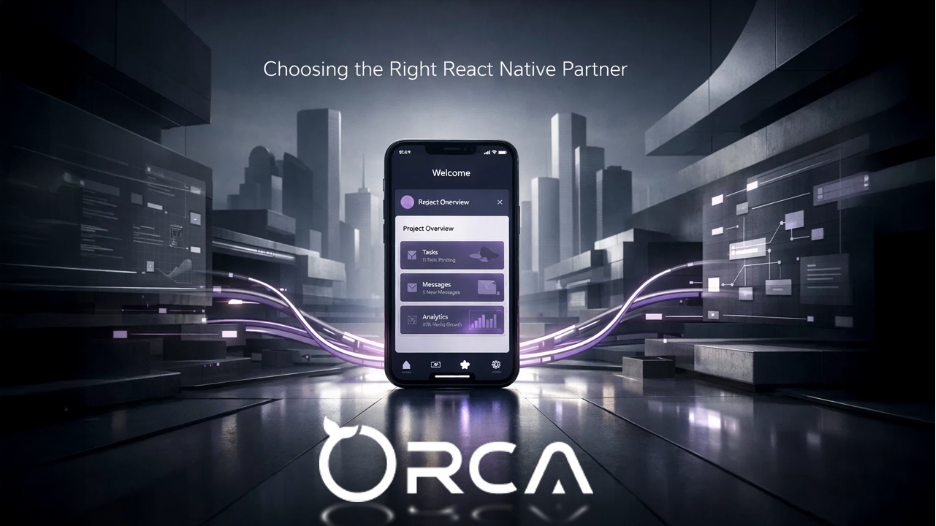While the world rushes at digital light speed, creators and companies alike are relying heavily on AI software to lead the pack for increased content requests. AI blog writers specifically
While the world rushes at digital light speed, creators and companies alike are relying heavily on AI software to lead the pack for increased content requests. AI blog writers specifically have gone mainstream because they can produce articles, summaries, and posts in bulk—occasionally in mere seconds. From advertising copy to leadership thought pieces, the tools vow speed and cost savings.
But there is still lingering doubting question hanging over our heads: Do we ever trust AI with technical or specialist subjects?
The stakes are greater than ever. Misunderstanding or misinformation on subjects like healthcare, cybersecurity, or finance not only misleads but also potentially does harm. In fields where accuracy is the utmost priority, blindly depending on an AI may have unforeseen risks. So, how do we go about it?
Understanding AI Blog Generators
An AI Blog Generator is an artificial intelligence blogging tool in the form of large language models (LLMs) trained on vast data sets made up of books, articles, websites, and more. Such models apply Natural Language Processing (NLP) for human language interpretation and then create text mimicking it.
With only a headline or prompt, these generators are able to produce blog entries, product descriptions, and social media posts in seconds. Applications for them revolve around the speediness, convenience, and affordability of their offerings, making them suitable for general or redundant content writing use.
The popularity of AI blog generators has skyrocketed among marketers, startups, and content teams. Tools like Jasper, Writesonic, and even OpenAI’s own ChatGPT are now part of everyday workflows. But their effectiveness isn’t uniform across all use cases—especially when it comes to complex, highly specialized topics.
The Challenge with Niche or Technical Topics
Composition of articles on topics such as biomedical research, blockchain algorithms, aerospace engineering, or regulation of data privacy is not just a job for languages. It demands enormous domain expertise, precision, and access to the latest developments—capabilities beyond most AI Blog Generators' reach.
The main issues are listed below:
AI Hallucinations
These are positively asserted falsehoods or fabrications. For example, an AI can cite an imaginary research article or make up statistics while reporting on the effectiveness of a new drug.
Factual Gaps
Since most AI models have been trained on data until a point, they are not equipped with real-time data or recent advancements. A blog about quantum computing by AI would probably miss the advancements made in the last six months.
Lack of Contextual Sensitivity
Technical vocabulary means something in one context and something else in another. For instance, "compliance" in a legal sense is different from its application in the medical field. AI may misinterpret or oversimplify such complexities.
Suppose an AI blog generator is writing a blog about GDPR compliance for SaaS startups. It may provide proper legal definitions but without jurisdictional variations, case law development, or industry best practices—all the essential components of definitive content.
Where AI Blog Generators Excel
Despite their limitations, AI blog generators are playing a gigantic role in the content generation process, especially if used wisely. This is where they shine:
- Rapid Drafting: AI can rapidly convert an idea into an organized blog post, saving hours of outlining and writing.
- Structuring Content: From H2 headers to bullet points and introductions, AI is best at arranging content in a logical fashion.
- Rephrasing & SEO Recommendations: Need to improve readability or target certain keywords? AI tools can rephrase for clarity and SEO.
- Ideas Brainstorming: Struggling with an empty page, AI can be used to produce ideas for titles, headings, or subtopics to initiate the creative process.
For normal blog posts, listicles, and abstracts, the AI Blog Generator is a great resource—increasing efficiency and streamlining the process.
Where They Are Short (And Why It Matters)
Even the most advanced AI Blog Generator is short in depth and precision, especially on technical topics where errors aren't embarrassing—they're dangerous.
- No Subject-Matter Expertise:
AI doesn't really know what it creates. It generates word predictions based on patterns, not knowledge. Therefore, it can't be relied upon for in-depth commentary or analysis from an expert standpoint. - Limitations of Training Data:
The AI will not include in its output anything it wasn't trained on if the training did not include recent studies, trends, or proprietary material—a fatal flaw in rapidly evolving fields. - No Real-Time Fact-Checking:
AI is incapable of fact-checking what it outputs. Without access to good databases or news feeds, it cannot revise its knowledge base after training. - Misunderstanding of Jargon:
In technical fields such as law or machine learning, a single incorrect usage of a word can rewrite an entire paragraph. AI often lacks the delicacy to recognize such fine shades.
In regulated industries or competitive markets, to post factually inexact or superficial content can ruin reputations or even jeopardize someone's practice at law.
Best Practices: Leveraging AI Responsibly for Technical Writing Content
So, should you put a technical blog into the hands of an AI Blog Generator? Yes—and responsibly. Here's how:
- Always fact-check:
Treat all AI-generated content as a draft. Always verify facts, stats, and sources—before posting—especially on technical or critical articles. - Work with Specialists:
Get specialists remark or co-write the material. Their expertise lends authority and credibility that no machine can give. - Use AI for Drafts, Not Final Version:
Let the AI do the heavy work in outlining and brainstorming, but manually edit the final work for clarity, accuracy, and tone. - Embrace a Hybrid Workflow:
Benefit from the power of AI (speed and structure) and human judgment (expertise and subtlety) side by side. The optimal outcome is achieved—quick, high-quality, and consistent.
Conclusion
AI blog generators are revolutionizing the content space, providing speed, scalability, and creative support to editors. But they're computers, not experts—and especially when writing technical or specialty material, that makes a difference.
Do you want to leave it to an AI to write specialty or technical subject matter? Yes, but with human oversight. They work best as co-authors to speed your work, not as substitutes for your own expertise.
A human-in-the-loop model, by embracing AI and retaining quality or authenticity, is what sets us free to enjoy the full power of AI. The future of content creation is not human or AI—rather, it's an AI powered by a human.
Read More:
AI and CRM Integration: Let’s Open New Doors for Businesses Hike
Respond to this article with emojis






